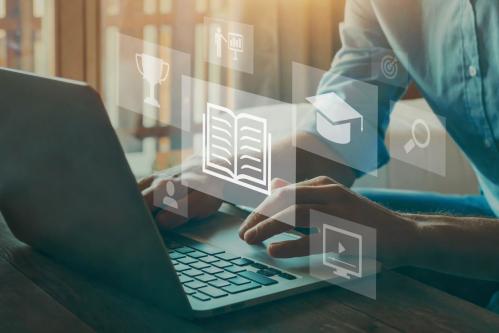New research from the Center for Universal Education (CUE) at Brookings finds that technology’s impact on learning and teaching has been limited, especially in low- and middle-income countries, largely because tech has been used to replace analog tools. On this episode, two of the authors of a new report, titled, “Realizing the Promise: How can education technology improve learning for all?,” discuss their findings. Alejandro Ganimian is an assistant professor of applied technology and economics at New York University, and a CUE nonresident fellow. Emiliana Vegas is co-director of the center and a senior fellow in the Global Economy and Development program at Brookings.
Also on this episode, Governance Studies Senior Fellow Molly Reynolds on what’s happening in Congress, including whether another government shutdown due to funding disagreements is possible, and a look at a new COVID-19 relief package proposed by Senate Majority Leader Mitch McConnell, why it failed, and the politics behind it.
Subscribe to Brookings podcasts here or on iTunes, send feedback email to [email protected], and follow us and tweet us at @policypodcasts on Twitter.
The Brookings Cafeteria is part of the Brookings Podcast Network.





Commentary
PodcastHow education technology can improve learning for all students
September 11, 2020